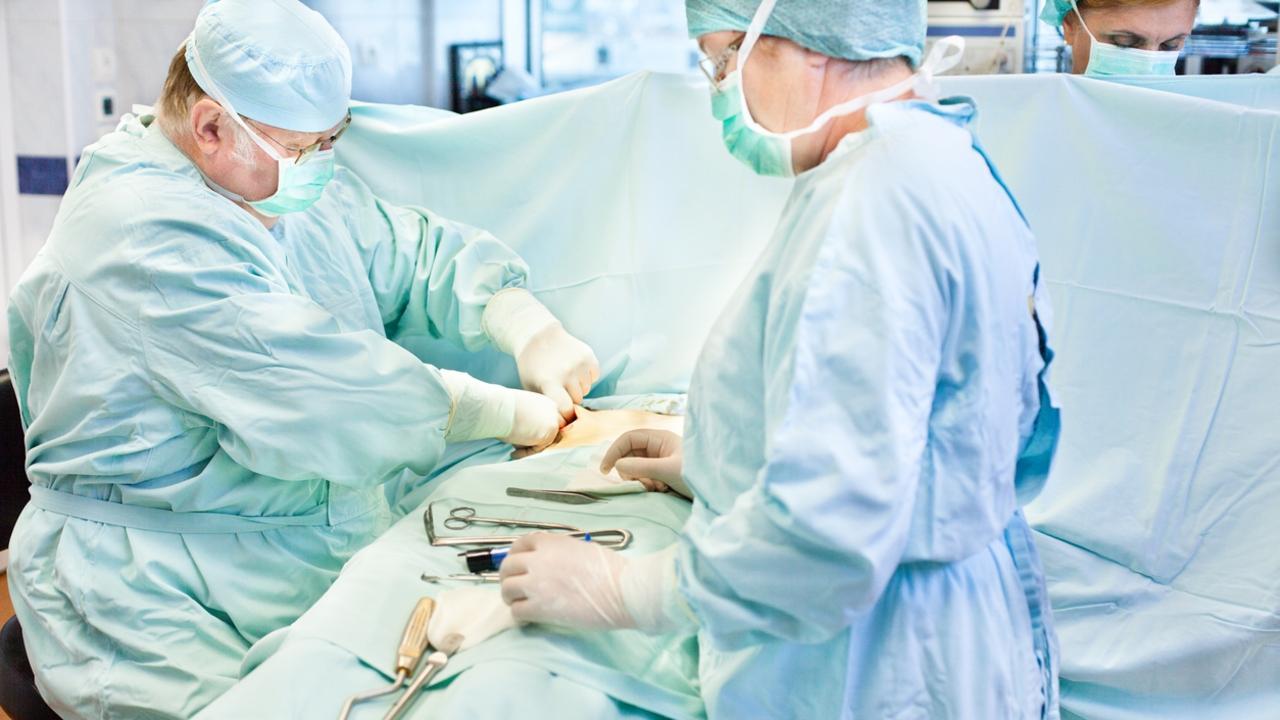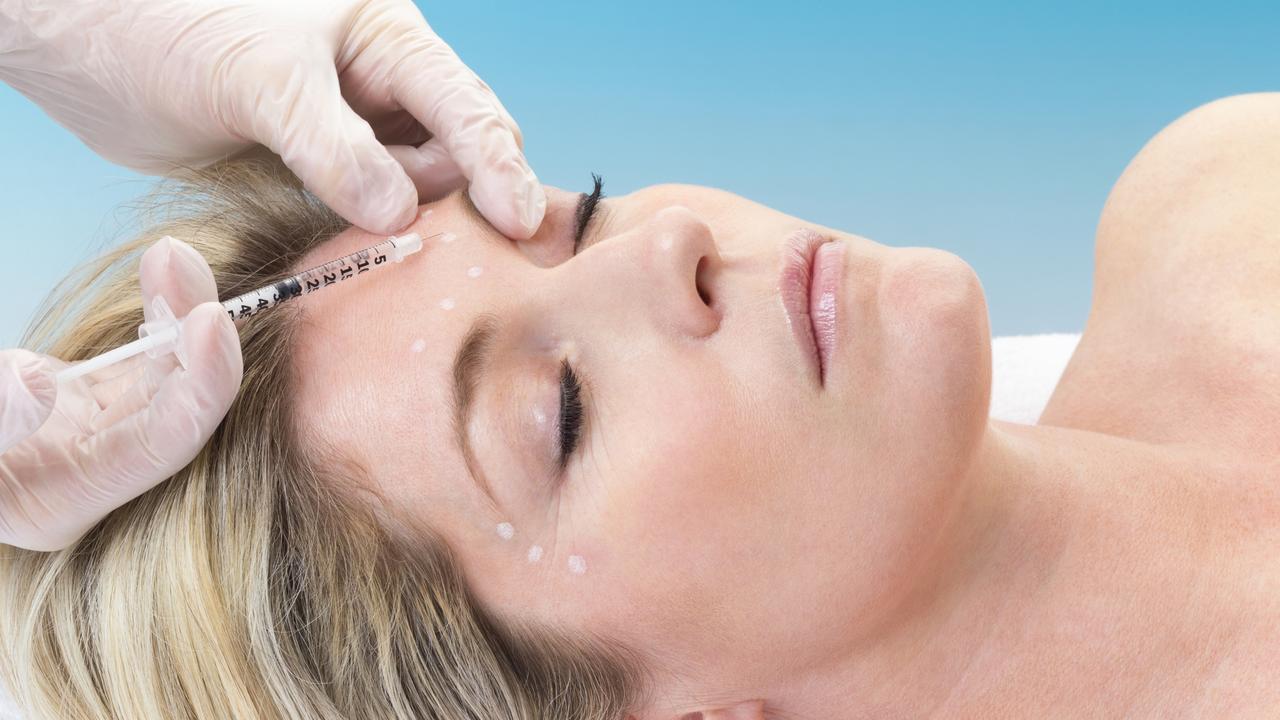Mike O’Connor: The industry that needs more than a facelift
Thousands of patients, mostly women, are unknowingly risking their lives at the hands of operators with no specialist training, writes Mike O’Connor.
THERE was that time when my days of fun in the Queensland sun as a youth caught up with me and I required plastic surgery after having a nasty mole removed from my face.
I was hoping the surgeon might throw in a nip here and a tuck there while she was at it but alas I emerged from the surgery looking every bit as old as I was with only a small scar to show for the encounter.
The doctor was a member of the Australasian Society of Aesthetic Plastic Surgeons and I was in safe hands unlike thousands of patients, mostly women, who are unknowingly risking their lives at the hands of operators with no specialist training.
The problem is that cosmetic surgeons are not recognised as a speciality by the Australian Medical Council so if you are a doctor and want to hang a Cosmetic Surgeon shingle outside your surgery, no one is going to stop you and there are no consequences for so doing.
You would think that anyone that is going to take a scalpel to a patient and perform cosmetic surgery would have to undergo rigorous testing and be licensed to do so but you’d be wrong.

According to the Australasian Society of Aesthetic Plastic Surgeons, many patients are facing a “major risk of injury, loss and death,” describing these as the “devastating consequences” of medical practitioners with no specialist surgical training operating as cosmetic surgeons.
In a bid to regulate the industry, it approached the government agency tasked with overseeing medical practitioners, the Australian Health Practitioner Regulation Agency.
In its submission to the agency ASAPS warned that operators were using false surgical titles and “maliciously profiting” from public ignorance of the fact that the cosmetic surgery industry was unregulated.
Incredibly, the agency refused to act saying the use of the term “cosmetic surgeon” was not considered a breach of the law because there was no recognised medical specialty or specialty field of “cosmetic surgery”.
Clearly the regulator is dodging its duty. It recently fined a Perth cosmetic dentist $10,000 for failing to renew her registration but looks the other way when it comes to cosmetic surgery.
I doubt that too many people who decide to undergo such surgery realise that it is not a recognised speciality and that those people performing it may not have had any specialist training.
For AHPRA to suggest that it cannot act because there is no recognised medical speciality is an exercise in semantics.
It smacks of Premier Annastacia Palaszczuk’s laughable declaration last week that “different words can mean different things to different people” in defending her use of private email accounts.
They don’t, of course. They mean exactly the same thing to all sorts of different people, this being the aim of using the English language as a medium of communication.
They only take on different meanings when you are a politician attempting to climb out of a hole which you yourself have dug or a regulatory authority which does not want to go to the trouble of becoming involved in an area which falls clearly within its realm.
There are about 500,000 cosmetic surgeries performed in Australia every year and around 20,000 of these are for breast surgery. It’s a growth industry and a particularly lucrative one with Australians spending around $1 billion annually to improve their appearance via surgery.
So obsessed we are with our image that we spend around 40 per cent more per capita than Americans in pursuit of our dream look.
It is likely that few of these patients appreciate that to become a plastic surgeon, you must first qualify as a doctor and then undergo a minimum of five years further training and study under the auspices of the Royal Australasian College of Surgeons. On the successful completion of your studies, you are awarded a specialist qualification which is recognised by the Australian government.

Any doctor, however, can say they are a cosmetic surgeon in spite of not having undertaken any further training or study other than that required for them to work as a general practitioner.
The Australian Society of Plastic Surgeons has a list of all qualified specialist plastic surgeons in Australia and the Australasian College of Cosmetic Surgery also lists people practising cosmetic surgery but there is no requirement for members of the college to be qualified specialist surgeons.
There is no shortage of horror stories of cosmetic surgery which has gone tragically wrong with some patients complaining of surgeries which resemble production lines with the sole objective of maximising profits by processing as many people as possible in the shortest possible time.
The industry will continue to grow and naive Australians will continue to be placed at risk until the federal government regulates the industry and insists on an accreditation scheme and minimum surgical training.



